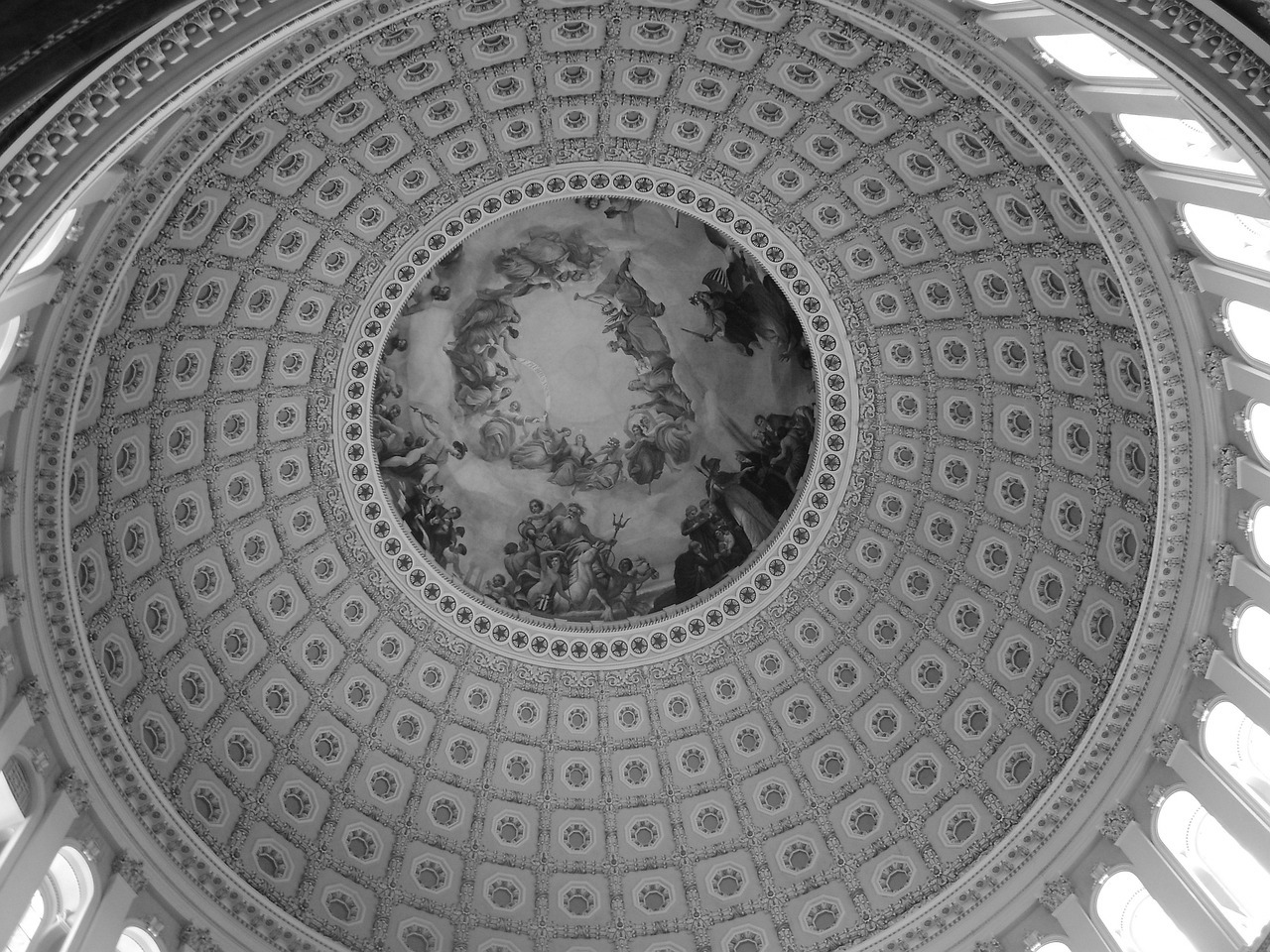Governments Worldwide Reassessing Procurement, Post-Pandemic

The COVID-19 pandemic brought unprecedented challenges to governments around the world, especially in the procurement of essential supplies and equipment. As the crisis gradually recedes, governments are taking stock of their procurement strategies and reevaluating their approaches to ensure better preparedness for the future.
Over the last few years we’ve reported on how Covid effected European procurement, covered some of the frailties of Government process in some countries, and covered some of the pressures on government procurement transparency globally throughout the pandemic.
While the COVID-19 pandemic exposed vulnerabilities in healthcare systems worldwide, particularly in the availability and accessibility of personal protective equipment (PPE), Governments faced the critical task of procuring sufficient PPE to protect frontline workers and mitigate the spread of the virus.
At the onset of the pandemic, the demand for PPE surged exponentially. The rapid spread of the virus caught many governments off guard, leading to initial challenges in procuring sufficient equipment. The complex and fragmented global supply chains for PPE made it difficult to quickly meet the escalating demand.
Governments undertook various strategies to address the PPE shortage including boosting domestic PPE production and encouraging local manufacturers to shift their production lines towards PPE manufacturing.Some governments fostered collaboration between public and private sectors to expedite production.
While governments made efforts to procure PPE at speed, the urgency to meet demand sometimes led to challenges in transparency and accountability of procurement process. Emergency procurement measures often bypassed the usual competitive bidding processes, leading to potential instances of favouritism, corruption and the wasting of public funds. The lack of proper oversight and monitoring mechanisms further compromised the integrity of procurement practices, eroding public trust.
This lack of preparedness and compromised transparency and accountability has seen may governments now review their procurement processes, to ensure more robust governance.
The United States is one of the countries reevaluating its procurement strategies. It is working on enhancing domestic production and promoting resilient supply chains for critical goods, including medical equipment and pharmaceuticals. The European Union (EU) has also embarked on a reassessment of its procurement practices, now working towards streamlining procurement processes, and establishing a strategic reserve of critical goods.
Australia has recognised the need for a comprehensive review of its procurement practices following the challenges faced during the pandemic. The UK too has reviewed its procurement processes, including reviews by industry bodies and the National Audit Office.
While some work has been done by some governments, there are still many who have yet to review their processes post the pandemic wake-up call. By learning from these unprecedented challenges, governments should aim to ensure better preparedness and mitigate vulnerabilities in procurement processes, which will ultimately safeguard the well-being of citizens.
Did you know Spend Network holds government procurement data for more than 150 countries globally? We take the hard work out of collecting, organising and analysing procurement data at scale. Our analysis can predict poor performance and bad tendering, and also savings opportunities. We can monitor market efficiency and look for new suppliers to increase competition. Get in touch to find out more.



